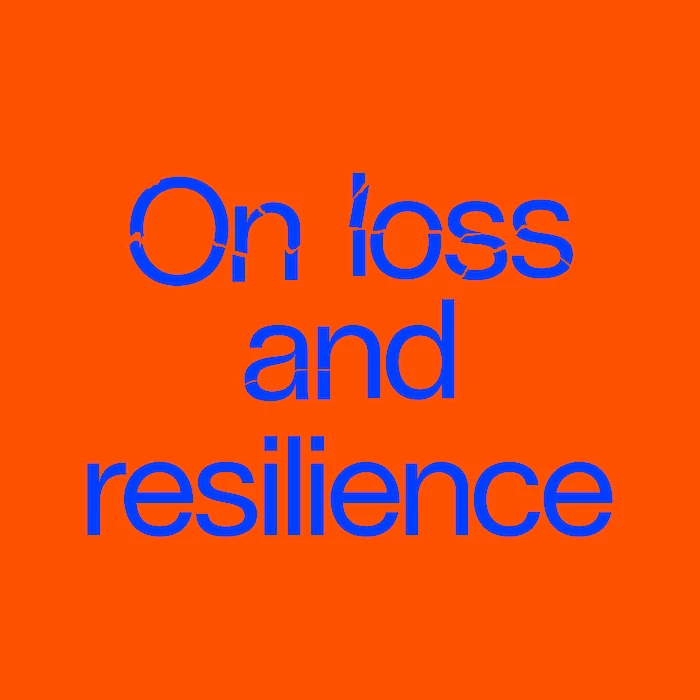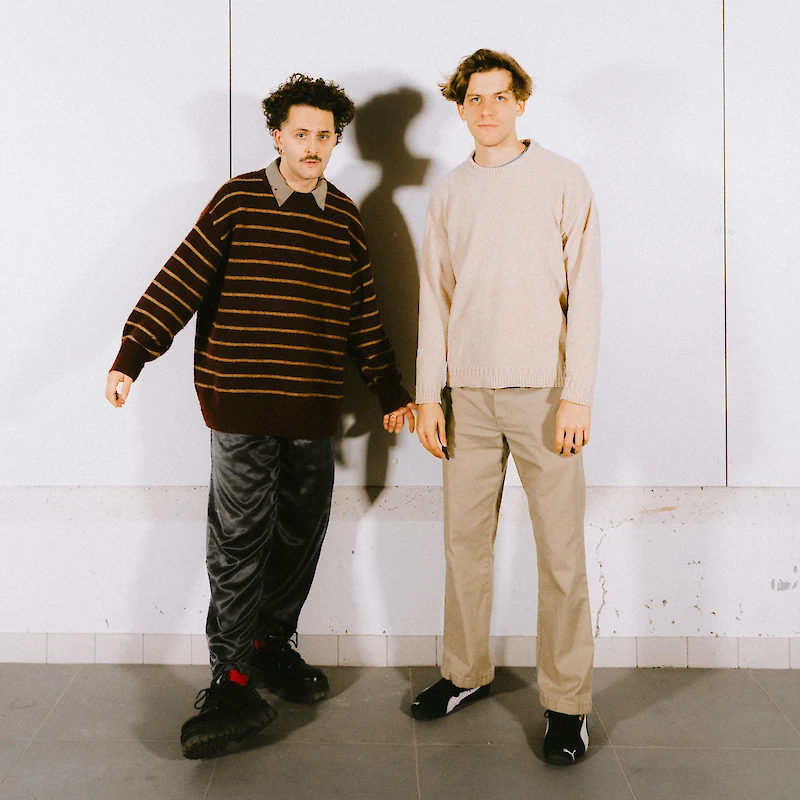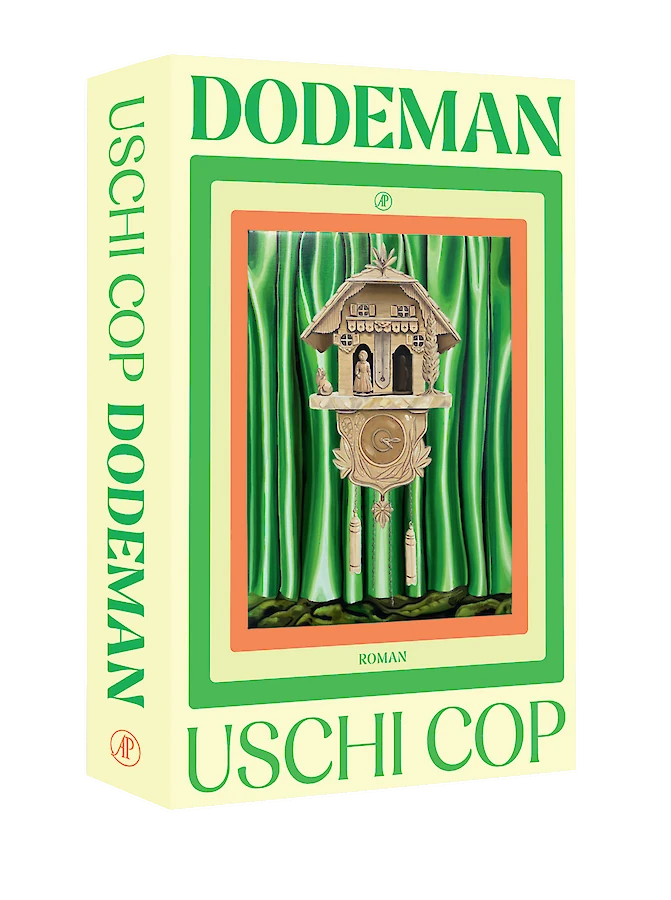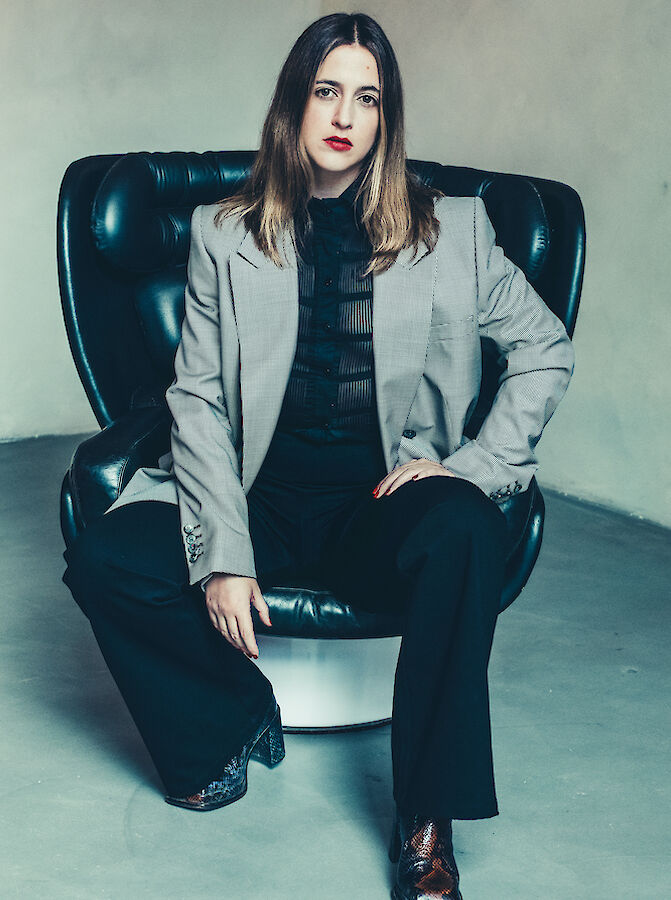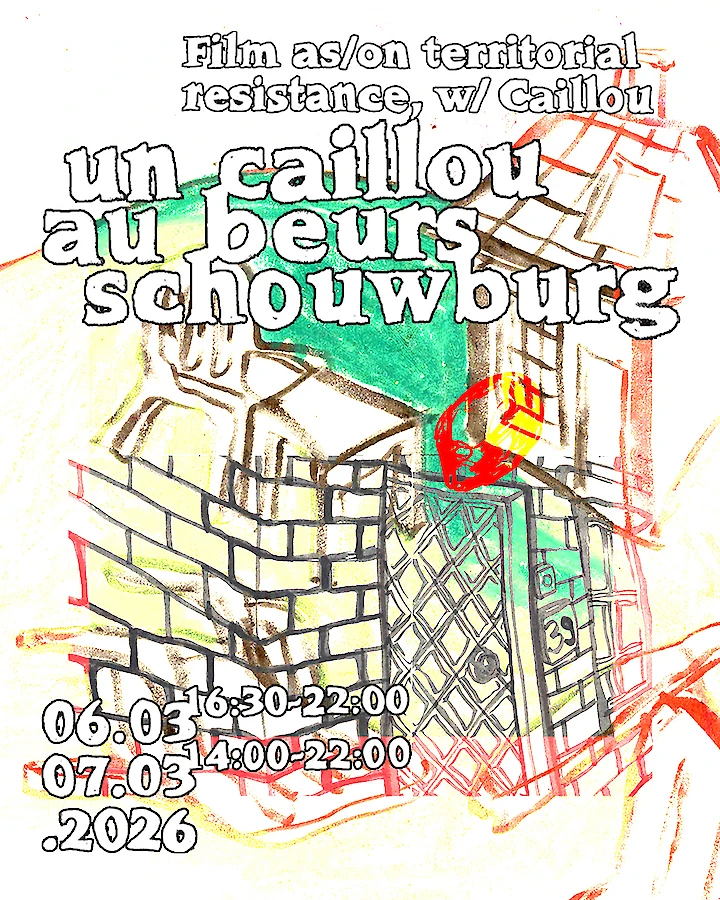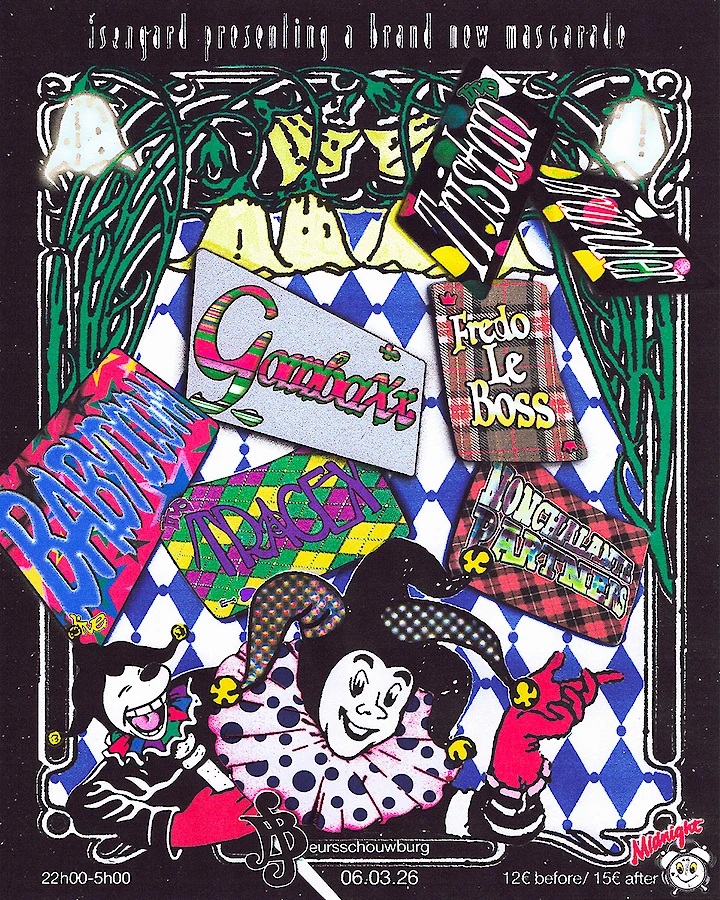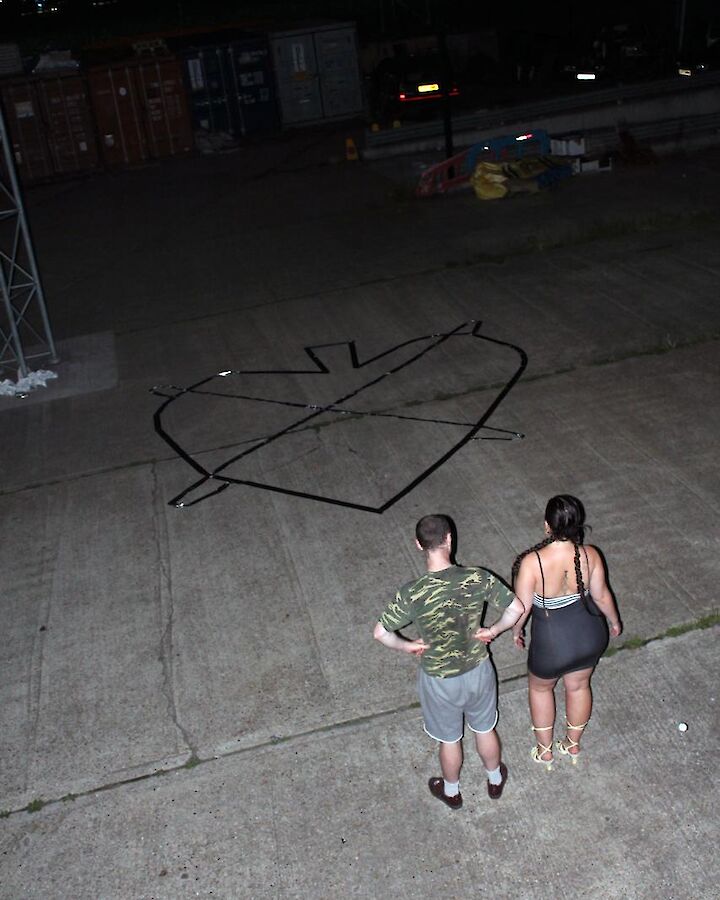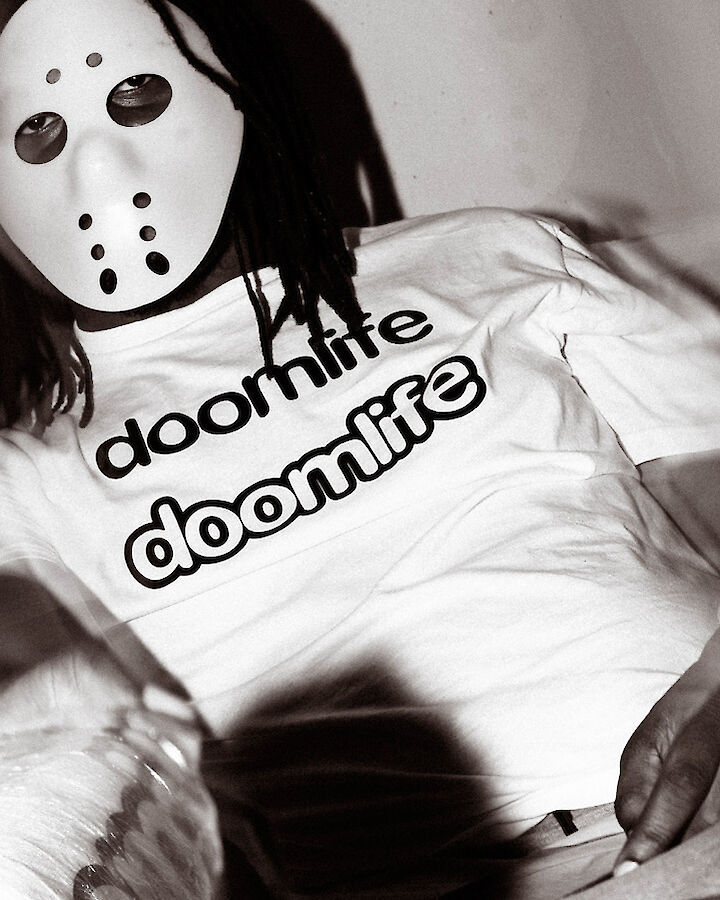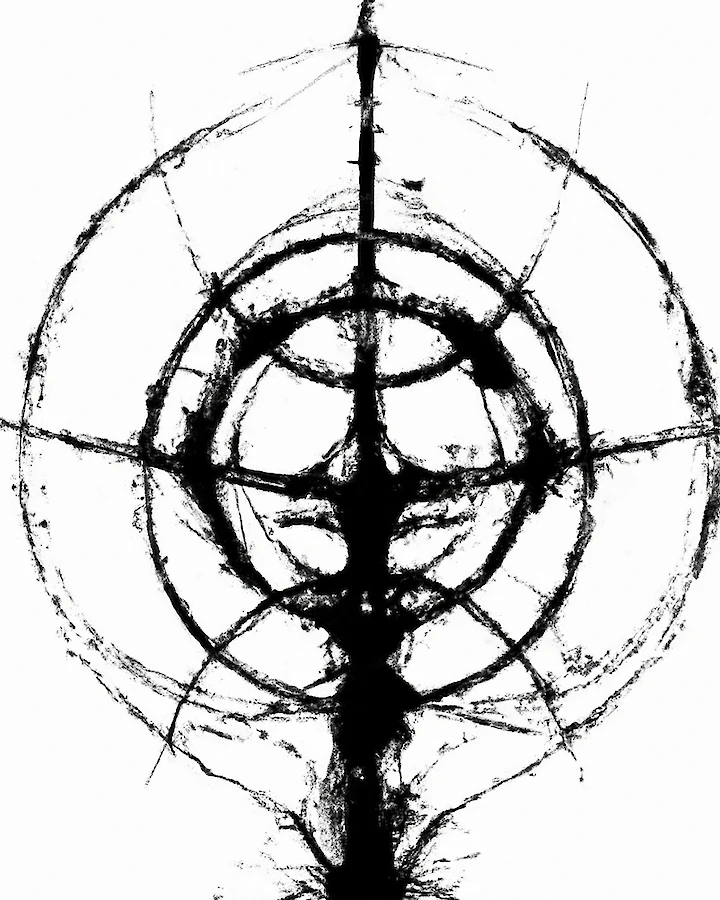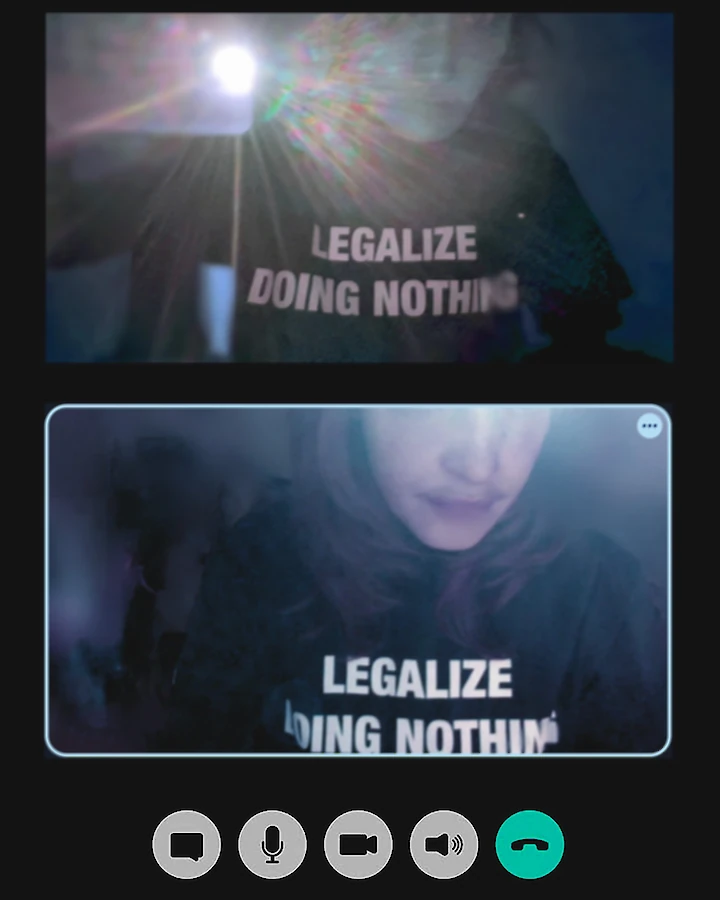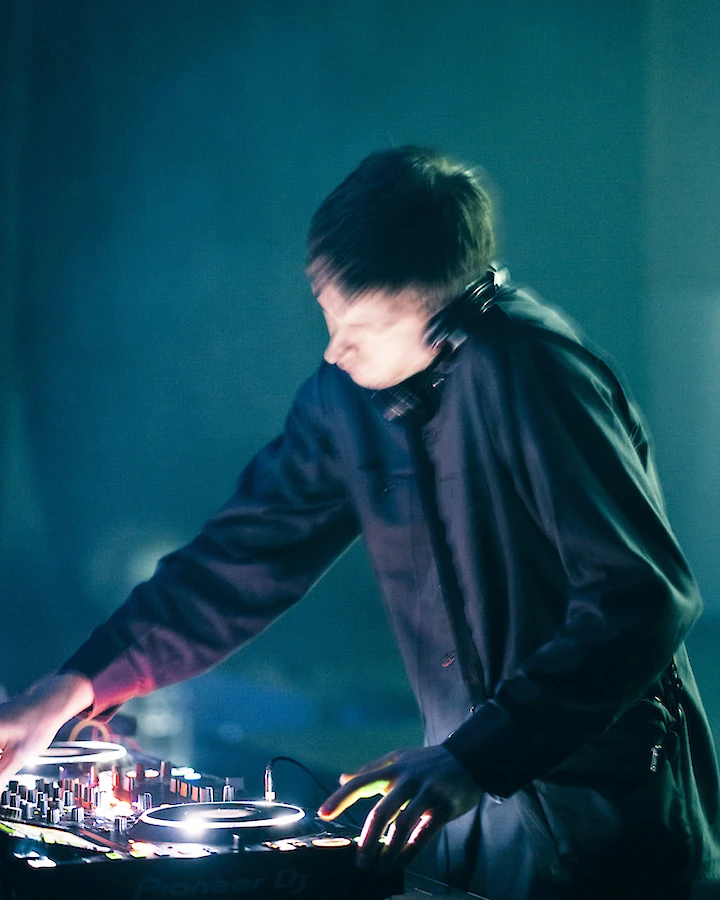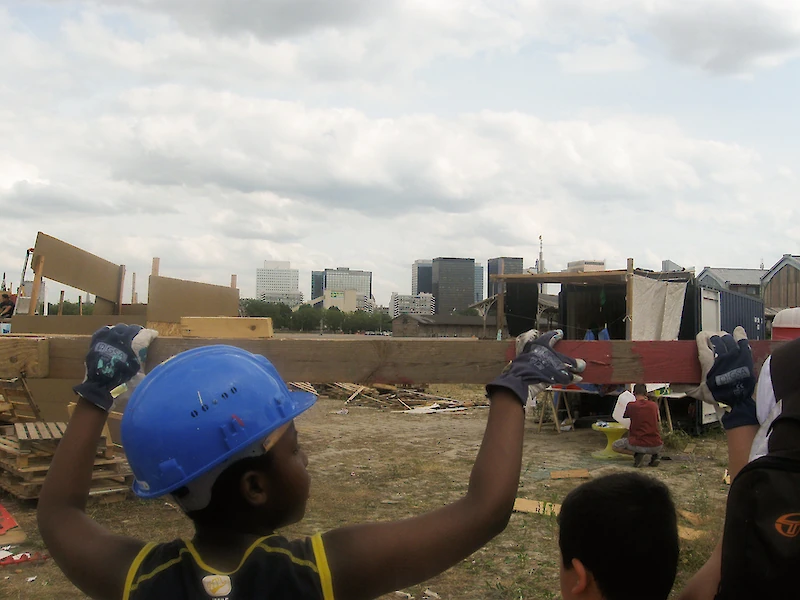On loss and resilience Laments as embodied archives: a reflection on artistic practices of grief
Let's come together for a full day of sharing stories, space and practices of mourning through bodies, singing and gathering.
As an echo to her current exhibition "No Body's Body” , Hoda Siahtiri brings together a community of artists, practitioners and allies drawn to and engaged in practices of lamentation as forms of knowledge sharing, condolence, release and reconciliation. As an important form of storytelling and emotional release, lamens hold a significant part of individual and collective memories. How does the body hold those memories, how to give form to the sorrow of grief, how does releasing pain become a practice of love? During a day-long assembly of voices, we will create space for sharing, reflecting and re-membering.
The gathering is a way to expand the questions posed in Hoda Siahtiri’s artistic Ph.D. research "Singing the Silences” that explores ways of resistance and resilience through revisiting and mediating the historical Bakhtiari women singing practice.
in English
in collaboration with ARIA (Antwerp Research Institute for the Arts)
PROGRAMME
part 1: talks
10:30 - 13:00
Hoda Siahtiri, Singing the silences
Fleur Pierets, On loss and queer activism
Eliana Otta, Fertilizing mourning
13:00 - 14:30 lunch break
14:30 - 16:00
Gabrielle Goliath, A life work of mourning
Bint Mbareh
oracle, Touching the Missing
16:00 - 17:00 tea break on the rooftop
part 2: performance
17:00 - 18:30
Moaning Mourning, Mourning Moaning, to Moan in Order to Mourn and to Mourn in Order to Moan by Raoni Muzho Saleh
What does it require of us to listen to that moaning breathing breathe-ren that we already are?
What are we trying to open up, to reveal, to cut through by attending to our neverending wailing? What are we performing when we gather for this rehearsal of moaning? When we gather in our mourning, in this endless polyphonic moaning, our sonic lamentations cut through the unapproachable futurity of justice. When we let our mourning sound through a continuous rehearsal of the moan, the futurity of justice is fearlessly approached. It is our politics and intimacy of justice, of an utopian longing, that is practiced within each rehearsal and performance of our mourning. To shame someone’s ever precious moaning/mourning into hiding or extortion is therefore an active deferral of the futurity of justice.
In this short hour together, we will practice to listen to the wounds, from which we are sounding from, through the sharing of our moaning. We will practice to tap into the sensuality of our wailing sonic landscape. We will practice leaning into and brushing up against the (imagined) stories that one another's whining is sharing with us.
BIOGRAPHIES
Gabrielle Goliath works with and within the histories, life worlds and present-day conditions of black, brown, femme and queer life, refusing its terminal demarcation within a racial-sexual paradigm of violence that governs post-colonial/post-apartheid social worlds. For Goliath, this is the life-work of mourning – as conditions for hope – “to imagine and seek to realize the world otherwise is to bear with us those lost to or still surviving an order of violence we hope to and must transform”. Goliath’s immersive installations have shown across South Africa and internationally. Her video and sound work Chorus (2021) recently debuted at the Goodman Gallery in Cape Town, and will travel to Dallas Contemporary and the Kochi-Muziris Biennale in 2022. Recent exhibitions include The Normal, Talbot Rice Gallery, Edinburg; This song is for…, Konsthall C, Stockholm. Her work features in numerous public and private collections, including Kunsthalle Zürich, TATE Modern, Iziko South African National Gallery, Johannesburg Art Gallery, and Wits Art Museum.
oracle is an eyes-closed body-voice improvisation practice reading diverse spaces: train stations, parks, institutions, forests, public libraries, urban gardens and private living spaces. It interacts with these surroundings through instant sound and movement composition and expands the boundaries between individual emotional expressions and shared public space. The name oracle bridges an expansive notion of voice and ineffability, encompassing agency, ambiguity, obscurity, divinity, communication, medium, utterance and wisdom. The practice can offer space for grief, angst, doubts, ancestral or unconscious knowledge; making audible what usually remains hidden, but is nevertheless carried in the voice. oracle was created by Caroline Daish, Justine Maxelon and Michel Yang in 2015 as a need to collaborate, vocalise and heal. Michel passed away in August 2020, accompanied by oracle, friends and family.
oracleoracleoracle.com/
Bint Mbareh is a musician and researcher in Palestinian folkloric sounds and their superpowers when used in community. She has conducted research to challenge colonial notions of "progress" and the colonisers' claim to "the future" by bringing to light/life a collection of rain-summoning songs that she gathered in her field research. The songs established that the Gregorian calendar was a reduction of a more complex indigenous calendar that Palestinians were accustomed to, and they also asserted the fact that rain summoning music aided natives in collaborating with nature to alter the seasons to their needs and towards a more generative cycle. Currently, she studies and performs her research on Palestinian rituals of dying and how sonifying them is a means for soothing, but also for a deep grieving. Death is regenerative in several ways, physical and spiritual, and Bint Mbareh searches for the sonic iteration of this regeneration/revolution caused by death.
Caroline Daish is a performer/maker who studied Education (SACAE) and Arts Management (Adelaide Uni). She was Associate Director at Restless Dance Theatre alongside Sally Chance. She received the Best Actress MUFF award for the leading role in The Dead Speaks Back feature film by Jason Sweeney. Caroline creates self-devised performance in collaboration with other artists with a specific curiosity for sound and empathy.
Justine Maxelon is a Brussels-based performer and maker who mainly works collectively around notions of listening, care and the relation between voice, body and its surroundings. She is a practitioner of things. As a core-member of State Of The Arts and Engagement Arts she is involved in activism and focuses on the thinking around and implementation of fairer arts practices. Together with Ann Weckx and Rasa Alksnyte she is currently setting up a pilot project called de Ambulanten: kunst voor zorg voor kunst that focuses on the intra-section between art and the care sector.
Eliana Otta is an artist with a Master in Cultural Studies, who inquiries about our relations with nature and precarious labor in neoliberal, extractivist economies, and also gender inequality, intersecting feminism, poetry and politics. She addresses these questions creating spaces for conversation, trust and curiosity through shared intimacy, with projects that involve pedagogical, curatorial and editorial work. Her current PhD project Lost & Shared: Approaches to collective mourning, towards affective and transformative politics, aims to investigate the ways in which art can enable the collectivization of mourning, creating dialogues between theory and affective labor, through collective experiments that connect emotions, critical thinking, body and space. She coordinated the curatorial team of Lugar de la Memoria (Museum of Memory) in Peru (www.lum.cultura.pe), has taught at Pontificia Universidad Católica del Perú and co-founded the artist-run space Bisagra (www.bisagra.org). She is currently Candidate at the Phd in Practice Program at the Academy of Fine Arts, Vienna.
Fleur Pierets is a Belgian artist, writer and award winning LGBTQ+ activist whose work questions the construction and mainstream understanding of queer identity. She is the founding editor of Et Alors? Magazine, an online publication devoted to LGBTQ+ politics, art, fashion and identity. In 2017, she and her wife, Julian Boom started 22–The Project, a performance art piece in which the couple would marry in every country that legalized same-sex marriage. There were 22 countries when they launched the project in 2017; since then, the number of countries has grown to 28. Fleur and Julian married in New York, Amsterdam, Antwerp and Paris. After the 4th wedding, Julian was diagnosed with brain cancer. She died on January 22, 2018. Fleur wrote a book called ‘Julian’ about her life with Julian, 22-The Project and grief. The book is intertwined with stories about gay artists and the loss of their partner, and a series of insights on lesbian life and LGBTQ+ human rights. Fleur still works as an artist, a writer and a human rights speaker.
jfpierets.com
raoni muzho saleh (1991 AFG/NL) is a choreographer/performer based in Amsterdam. He graduated from UvA in 2015 , bachelor in Literary and Cultural Analysis and from SNDO, bachelor in Choreography. Born in Afghanistan and raised in Pakistan, his work is shaped by fugitivity as a revolutionary movement. By dancing through the gender spectrum, he has generated a movement practice of becoming other, becoming something unknown to oneself. His recent works are materialisations of “the backspace”, a concept that provokes transformational multiplicity and aims for freedom from the oppressions of solid subjecthood. In his works, he approaches the voice and materiality such as textile and dough intertwined intimately with the human body.
Hoda Siahtiri is a multidisciplinary artist based in Brussels. She would like to call herself a diseuse, someone who narrates stories muted somewhere in the past. Hoda studied Cinema in Tehran and holds a Documentary Film Directing master degree from Docnomads. She has directed a number of short films shown in international festivals. In 2017, she joined the artistic research platform a.pass and since then, she has been putting forward her ideas through the medium of performance and audio-visual arts. She has performed in different venues including the Belgian Royal Museum of Fine Arts and BOZAR. Since 2020, she is a PhD researcher at Sint Lucas Antwerpen and University of Antwerp where she is working on her project Singing The Silences.
